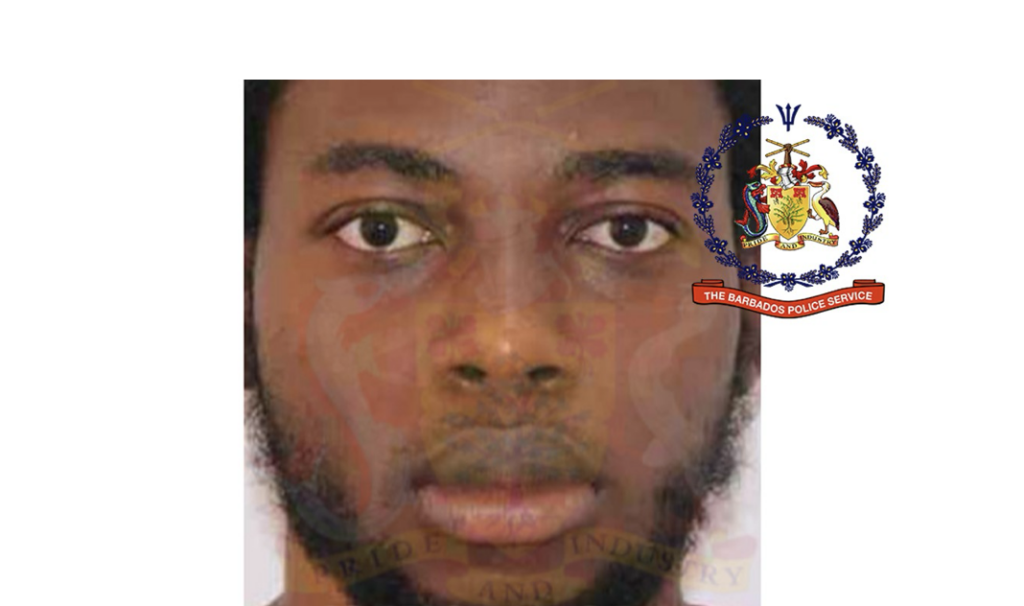Ever since the Barbados Labour Party took over the reins of government in 2018, it has had to confront many social challenges afflicting the youth of the country. Wilfred Abrahams, Minister of Home Affairs, Information and Public Affairs, was the first minister to respond to those youths who were inmates at the Government Industrial School (GIS). The public was made aware of the dehumanising treatment of some of the inmates at the detention centre which became a national issue. The minister blamed several years of outdated practices and immediately sought to completely refurbish the GIS building, update the regulations and establish a new board of management.
The public’s interest in the treatment of our youth saw another government minister, Kirk Humphrey, Minister of People’s Empowerment and Elder Affairs, bring to parliament a Child Protection Bill and a Child Justice Bill which sought to update legislation that was on the statute books since 1904. Against fierce public debate and marches, the pieces of child legislation seem now ready for legislative approval. The fact that the Child Care Board under his ministry has had to remove almost 100 children from their homes speaks to the ongoing issue of child abuse in Barbados.
The recent call from Minister of Education Kay McConney for those who molest or abuse children to desist from the practice simply added to the widening debate on child abuse. This is about the first time that a minister of education has been bold enough to give such a warning. The files dealing with such matters on the minister’s desk must have been reaching the ceiling. The minister’s outspokenness on this matter surely surprised me, for it was always an issue that was kept secret. I am certain that the Ministry of Education has been responding to countless incidents of child abuse within the school environment for years.
As a former principal, I was in several conversations with principals who would recount instances where male teachers were accused of inappropriate behaviour against female students. The principals were often very careful not to intervene since establishing the facts were usually clouded in hearsay and endless conspiracy. The matter then reaches the Ministry of Education if the parent is bold enough to inform the ministry. The incident may then be further prolonged due, not to the negligence of ministry officials, but again, to the difficulty in discerning who is really the offender. Even at the level of law enforcement, there is this uncertainty over legal rights.
There is no doubt that Barbados, like countries around the world, is concerned with issues relating to sexual abuse of children which takes place mostly within the home or the school. The school is however a social institution where persons of varying backgrounds meet and interchange personally. Take the children for an example. A child may come from a home where reasonable moral standards are adhered to as regards to dress, behaviour and speech. Also, the partnership may be confined to husband and wife or partners. Whatever the relationship, there is a degree of sexual respect between them especially with the utmost consideration for the well-being of their children.
On the other hand, there is a child coming from a rather different background whose parents may have multiple partners and whose behaviour may be embraced by their children. The children are allowed to be virtually on their own, living fairly independent of their parents. At school, the relationship between this child and a male teacher may lead to a sexual affair if the teacher is less than professional. In fact, it was common knowledge that some secondary male teachers were themselves welcomed in the home of students, especially by their mothers. Moreover, the values of both male teacher and female student may be compatible due to their ages.
Or in another scenario, it may be a same-sex affair. Parents, today, are very likely to embrace such children and love them dearly as their own. A male youngster at a primary school showing gay tendencies may catch the attention of a male gay person. Again, the word paedophile is not only familiar to North Americans, it is also known to Barbadians. In fact, the court records do show that within our shores there are persons that fit this designation. The recent call for a register of child sex offenders further reinforces the need for further protection of our children. The concern of the minister is very real when our children are placed under the care of such persons.
There is a need, therefore, for a specific protocol to deal with this matter of child abuse in our schools. There must be a set of procedures to be taken to ensure that principals are confident in reporting such cases. The court proceedings in such matters are often very rigidly prosecuted. No doubt, such cases rarely reach the law courts. It is therefore critical that teachers and principals be versed in such a protocol which should deal with such issues as touching and conversing. Physical education teachers are often very vulnerable in this regard.
With the relationship between teacher and student often clouded in doubt if accusations are made of sexual abuse, the most effective method of avoiding such situations is improving professionalism among teachers. This professionalism should be part of the training at teacher training institutions. The teacher must be constantly aware of his/her conduct when interacting with students. The teacher must still always act in loco parentis [in the place of the parent]. Moreover, the onus will be on the principal to ensure that high levels of behaviour are maintained at his or her school.
Minister Kay McConney has ventured into an area of school administration that her predecessors quietly ignored. However, in a world where child sexual abuse is becoming so commonplace and where governments are forced to take action, she must be commended for awakening the public’s attention to this social evil.
Dr Dan C Carter is an historian of education and an author
Editor’s Note: Section 5 of the Sexual Offences Act prohibits sex with someone under the age of 16, regardless of whether they gave consent. It is an indictable offence that carries a 10-year prison sentence.
The post Teachers, students and sexual abuse appeared first on Barbados Today.


